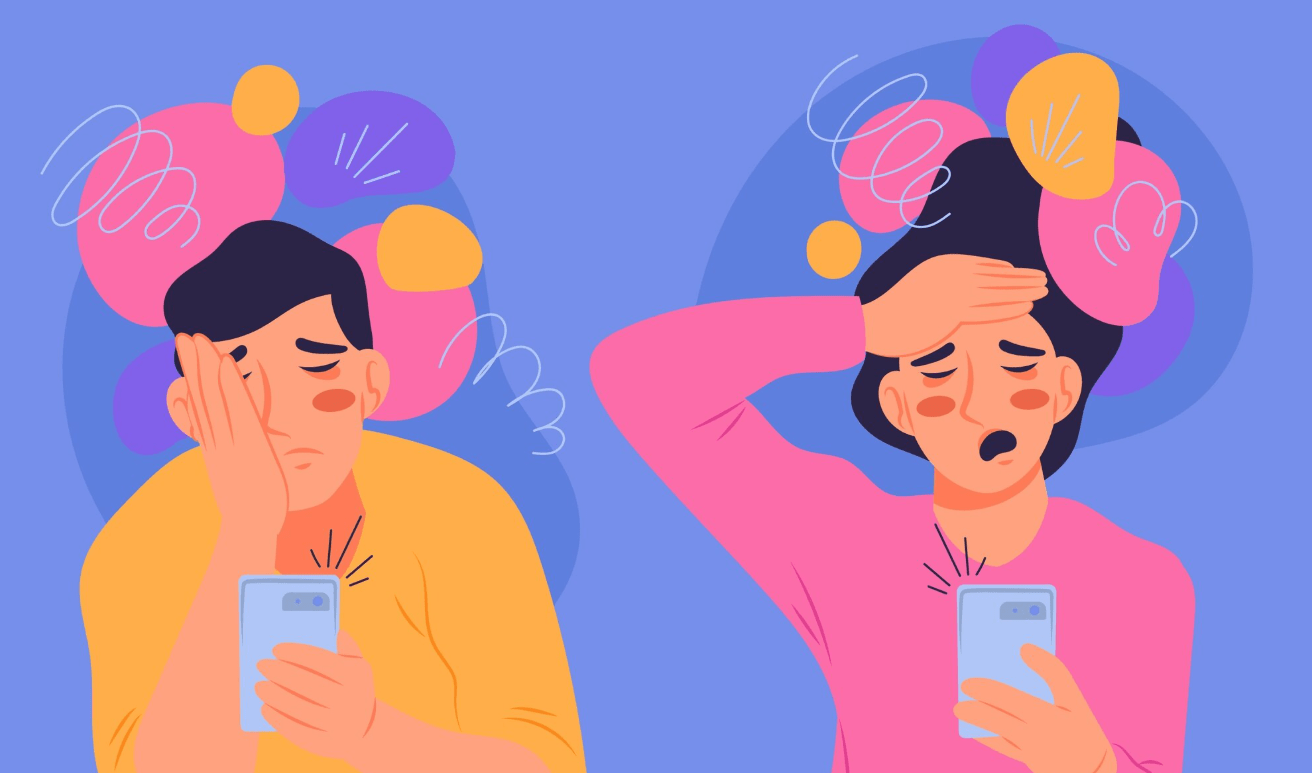The Connection Between Nutrition and Cognitive Fatigue

Have you ever felt mentally drained even though you didn’t do anything physical? That tired, foggy feeling where it’s hard to focus or think clearly? That’s called cognitive fatigue. And while lack of sleep or stress can cause it, one of the most overlooked reasons is poor nutrition.
Your brain runs on what you eat. Every thought, memory, and decision depends on the nutrients your body provides. When your diet lacks key elements, your mental energy drops - and your focus goes with it.
Let’s look at how nutrition affects your brain, what foods help or hurt your mental performance, and how small changes in diet can boost clarity, energy, and focus.
What Is Cognitive Fatigue?
Cognitive fatigue means your brain feels tired. It’s more than just being sleepy. It’s when you can’t concentrate, your memory slips, and even simple tasks feel harder than usual. You might reread the same sentence over and over or forget what you were about to say.
Common signs of cognitive fatigue include:
- Difficulty focusing or paying attention
- Slower thinking or reaction time
- Forgetting details or making simple mistakes
- Low motivation or irritability
While stress, lack of sleep, and burnout can cause mental fatigue, your diet plays a major role too. Your brain burns a lot of energy - roughly 20 percent of your daily calories - and it needs the right nutrients to work properly.

How Nutrition Affects the Brain
Your brain is an energy-hungry organ. It depends on a steady supply of glucose (from carbs), fats, and amino acids to power your neurons. When your diet is unbalanced, your brain can’t produce enough energy or key chemicals like serotonin, dopamine, and acetylcholine - all essential for mood, focus, and memory.
Here’s how nutrition connects directly to mental energy:
- Blood sugar balance: Sudden spikes and crashes in blood sugar can cause brain fog and tiredness.
- Healthy fats: Omega-3 fatty acids build brain cell membranes and support learning and focus.
- Micronutrients: Vitamins like B12, D, and folate are needed for neurotransmitter production.
- Hydration: Even mild dehydration can reduce concentration and reaction time.
When any of these are off, your brain can’t function at its best - leading to cognitive fatigue.
Foods That Drain Your Mental Energy
Not all calories fuel the brain equally. Some foods make your energy and focus crash. Here are a few common culprits:
- Processed sugars: Sodas, candy, and pastries cause quick blood sugar spikes followed by crashes that lead to brain fog.
- Refined carbs: White bread, pasta, and chips digest fast, giving temporary energy but leaving you sluggish after.
- Trans fats: Found in fried or fast food, these can inflame brain tissue and slow thinking.
- Alcohol: It disrupts sleep and dehydrates the body, worsening focus the next day.
- Skipping meals: Going too long without food starves the brain of fuel, making it harder to concentrate.
If you often feel drained or unfocused, these habits might be part of the problem. But the good news is that food can also be your solution.
Foods That Boost Focus and Mental Energy
Some foods are proven to support cognitive performance and reduce fatigue. Try including more of these in your daily diet:
| Food Type | Examples | Why It Helps |
|---|---|---|
| Healthy fats | Salmon, walnuts, chia seeds | Support memory and brain cell repair |
| Antioxidant-rich foods | Blueberries, spinach, broccoli | Protect brain cells from oxidative stress |
| Complex carbs | Oats, quinoa, sweet potatoes | Provide steady energy for focus |
| Hydrating foods | Cucumbers, oranges, watermelon | Prevent dehydration-related brain fog |
| Protein | Eggs, lentils, chicken | Builds neurotransmitters for attention and alertness |
These foods fuel your brain naturally and help fight off fatigue throughout the day.
Key Nutrients for a Sharper Mind
If you want to target cognitive fatigue directly, focus on getting enough of these specific nutrients:
- Omega-3 fatty acids: Improve learning, focus, and long-term brain health.
- Vitamin B12: Vital for memory and nerve function. Deficiency can cause confusion or fatigue.
- Iron: Carries oxygen to the brain. Low iron can make you feel sluggish and foggy.
- Magnesium: Regulates mood and energy production.
- Vitamin D: Low levels are linked to tiredness and poor concentration.
These nutrients work together to keep your brain alert and energized. If your diet is missing one or more of them, cognitive fatigue is likely to follow.
How to Eat for Consistent Mental Energy
You don’t need a strict diet to keep your brain healthy. A few simple habits can make a huge difference:
- Eat breakfast: A mix of protein, healthy fat, and complex carbs keeps your brain fueled all morning.
- Snack smart: Choose nuts, fruit, or yogurt instead of sugary snacks.
- Stay hydrated: Aim for 6 to 8 glasses of water per day.
- Limit caffeine: A little boosts focus, but too much causes energy crashes.
- Don’t skip meals: Keep your blood sugar stable to avoid mid-day slumps.
Nutrition and Brain Training: A Powerful Combo
Good nutrition fuels your mind, but brain exercise strengthens it. Combining the two is the best way to fight fatigue and improve focus.
Apps like Moadly help you practice memory and attention skills in short daily sessions. Try the Free Online Memory Game App for Focus and Recall to keep your mind active while your body gets the nutrients it needs.
If brain fog is an ongoing issue, check out Free App to Get Rid of COVID Brain Fog and Best App to Clear Brain Fog and Improve Mental Clarity for extra tools that support cognitive recovery and clarity.
When to Be Concerned
If you’re eating well and still feel mentally exhausted, it might be worth checking with a doctor. Nutrient deficiencies, thyroid issues, or anemia can all mimic or worsen cognitive fatigue. A quick blood test can help identify what’s missing.

Final Thoughts
What you eat doesn’t just affect your body - it shapes how you think, focus, and feel. Cognitive fatigue is often your brain’s way of saying it needs better fuel. By eating balanced meals, staying hydrated, and training your mind regularly, you can restore your energy and mental sharpness.
If you’re ready to feel more focused and alert, start small. Swap sugary snacks for fruit, drink more water, and play a few minutes of a memory game each day. Simple habits can make your brain feel brand new again.
For more ideas on improving focus and mental energy naturally, visit Free App for Curing Brainrot and Restoring Focus or Free App for Improving Your Mind and Mental Clarity.
Your mind runs on what you feed it. Give it the right fuel, and it will reward you with sharper thinking, stronger memory, and steady focus all day long.

